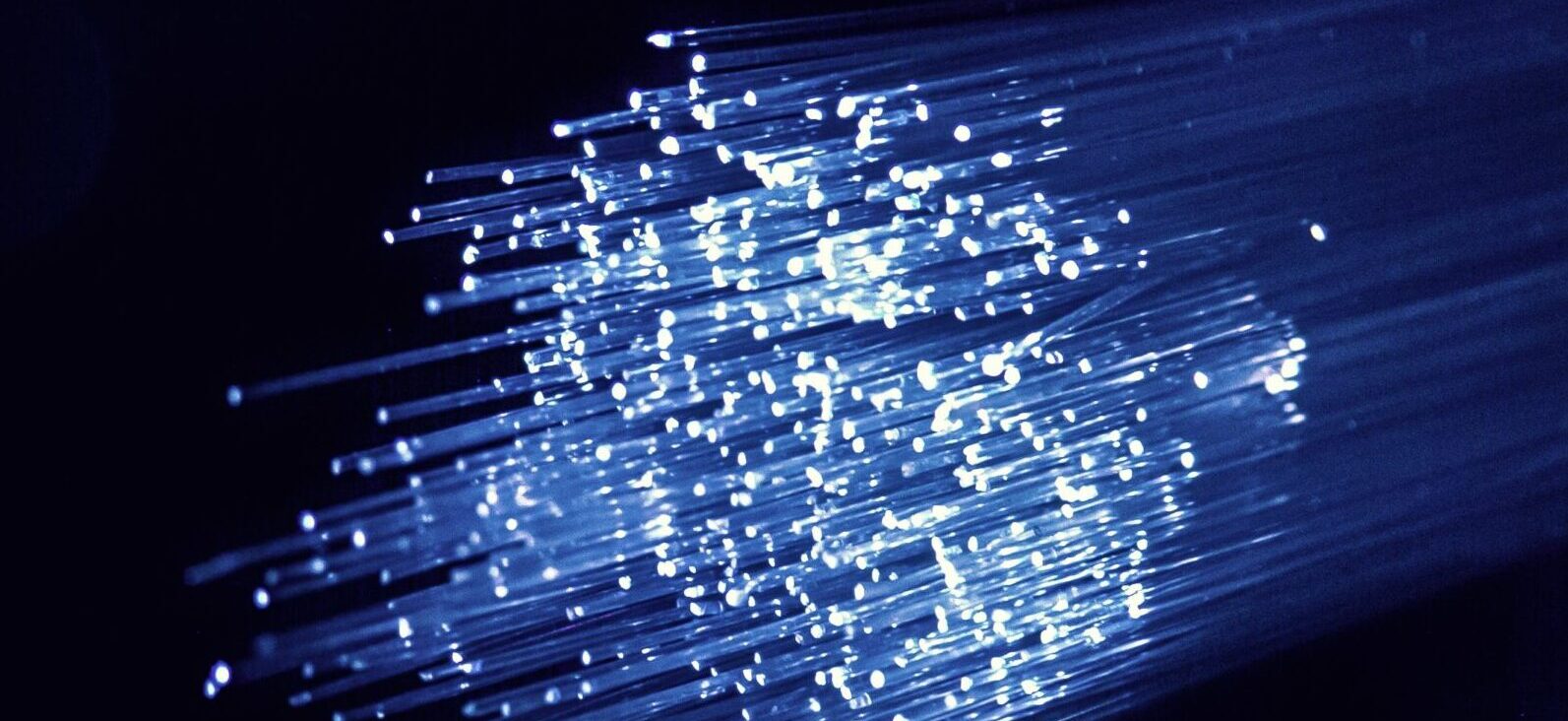Fiber internet infrastructure is considered a superior choice for businesses and communities compared to traditional broadband technologies such as DSL or cable, due to several advantages it offers. Here are the key reasons why fiber is better than broadband:
1. Speed: Fiber can transmit data at significantly higher speeds compared to traditional broadband technologies, providing faster downloads, uploads, and overall internet performance. Fiber can support symmetrical speeds, meaning the upload speed is as fast as the download speed, which is crucial for businesses that rely on uploading large files or streaming high-quality video content.
2. Reliability: Fiber-optic cables are less susceptible to interference from electromagnetic radiation, weather conditions, or electrical signals compared to copper cables used in traditional broadband. This increased resilience translates to more reliable internet connectivity with minimal downtime or service disruptions.
3. Bandwidth: Fiber networks have virtually unlimited bandwidth capabilities, allowing for the simultaneous transmission of large amounts of data without degradation in performance. This scalability is particularly beneficial for businesses with growing data needs, ensuring that they can expand their operations without experiencing slowdowns or bottlenecks.
4. Latency: Fiber internet typically has lower latency, or lag, compared to traditional broadband technologies. This reduced latency is critical for real-time applications such as video conferencing, online gaming, and financial transactions, where even slight delays can have significant implications.
5. Security: Fiber connections are inherently more secure than copper-based connections because they do not emit electromagnetic signals that can be intercepted or tapped into. Additionally, fiber-optic cables are difficult to tap into physically without detection, providing an added layer of security for sensitive data transmissions.
6. Future-Proofing: Investing in fiber infrastructure ensures that businesses and communities are prepared for future technological advancements and increasing bandwidth demands. Fiber networks have a longer lifespan and can support emerging technologies such as 5G, Internet of Things (IoT), and cloud computing more effectively than traditional broadband technologies.
Overall, fiber internet offers superior speed, reliability, scalability, security, and future-proofing capabilities compared to traditional broadband technologies. It’s the preferred choice for businesses and communities seeking robust and high-performance connectivity solutions.


